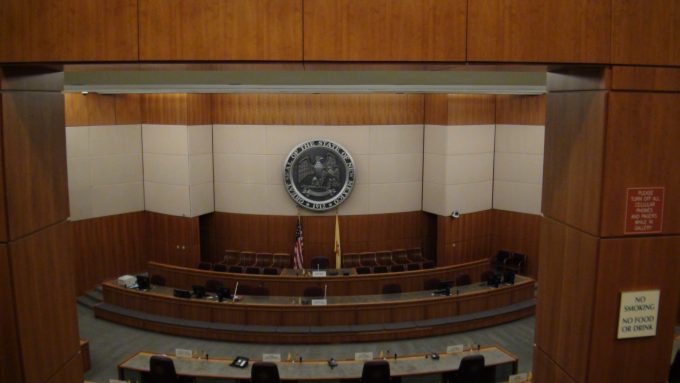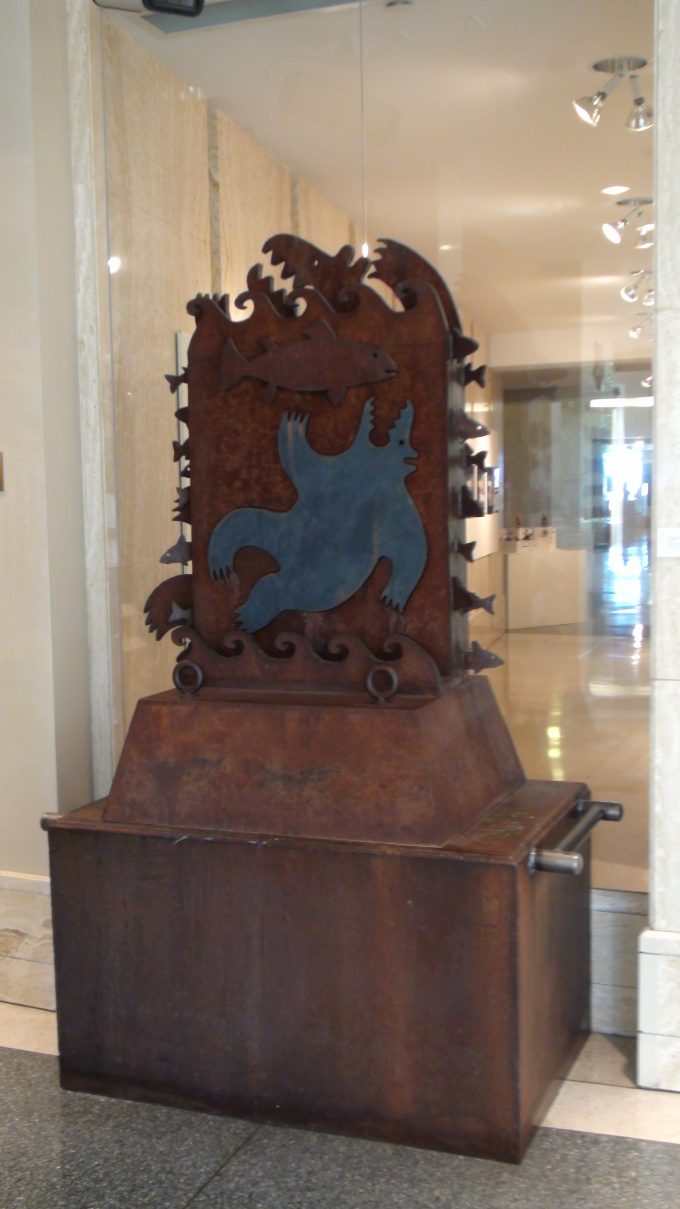
Sunday, 16 December 2018
…not according to the covenant that I made with their fathers in the day when I took them by the hand to lead them out of the land of Egypt; because they did not continue in My covenant, and I disregarded them, says the Lord. Hebrews 8:9
This verse is a continuation of the quote from Jeremiah 31; it is a general quote of verse 32. God made a covenant with the people He brought out of slavery in Egypt. In Genesis 12, God made an oath to Abraham that He would bless him and make him into a great nation. In Genesis 15, He swore an oath by Himself that He would complete the promise just as He had said. God told Abraham at this time –
“Know certainly that your descendants will be strangers in a land that is not theirs, and will serve them, and they will afflict them four hundred years. 14 And also the nation whom they serve I will judge; afterward they shall come out with great possessions. 15 Now as for you, you shall go to your fathers in peace; you shall be buried at a good old age. 16 But in the fourth generation they shall return here, for the iniquity of the Amorites is not yet complete.” Genesis 15:13-16
As the Bible shows, everything concerning the promise and Israel’s subsequent delivery from bondage was accomplished by God. After delivering Israel, the Mosaic covenant was given to the people, but the people were unfaithful to it, even from its inception. After enough disobedience, God turned away from the people and exiled them to Babylon. However, even in their disobedience, God promised them a New Covenant.
And so, the words, “not according to the covenant,” are speaking of the contrasting nature of the New Covenant that would be given (prophesied at Jeremiah’s time, but which is given in Christ). The nature of this New Covenant will be more fully explained in the words to come. However, the very fact that it says this New Covenant will not be according to the Old Covenant, by default, means that the Old Covenant is obsolete (a point he will explicitly state in verse 8:13) because, once a covenant is given, it cannot be changed. If the New is not according to the Old, it – by its very nature – replaces the Old.
The Old Covenant was one, as the verse next says, “that I made with their fathers in the day when I took them by the hand to lead them out of the land of Egypt.” Before the covenant was made, the people lived under the time of Promise. That was from Abraham until the exodus. After the exodus, the people were given the Law at Mount Sinai. This became the time of Instruction (the meaning of the Hebrew word torah is “instruction”), also known as the Dispensation of Law. As Paul says in Galatians 3, this time of Law was a tutor (a pedagogue) intended to lead to Christ.
God led Israel by the hand out of Egypt, and the time of Law (Instruction) was to continue leading Israel by the hand, just as a pedagogue would do for a child through administering discipline. Despite this, the citation of Jeremiah 31 continues on by saying, “because they did not continue in My covenant, and I disregarded them, says the Lord.” Israel failed to receive the instruction which the law provided, and the law was unable to perfect the people. Eventually, the punishments of the law were inflicted upon the people because of this. That is seen in the words, “and I disregarded them.” Here the quote is from the Greek translation of Jeremiah 31. The Hebrew text reads differently. Instead of these words, it says, “though I was a husband to them.” The idea is that, despite being a husband, he cast them off for their disobedience and faithlessness. But even that did not correct the people.
Everything recorded about Israel in the Old Testament concerning this Old Covenant demonstrated that the Law was incapable of bringing about what it was intended to bring about, which was a restored relationship with God. Because of this demonstrable failure, a new Covenant was sought out which would correct the deficiency of the Old. However, when a covenant is made, it must stand. The only way that a New Covenant could come about would be in the fulfillment of the Old. As the imperfection of the people was the deficiency which kept the Old from being successful, a perfect Person would need to come in order for success to be realized. This is what God did in Christ. Through Him, a new and better arrangement could be made for the restoration of man to his Creator.
Life application: When we are faithless, God is ever faithful. Remember this as you struggle with sin. He sent His Son to take your punishment if you will only trust Him. How splendid is God from whom all blessings flow!
O God, even when we disobey and rebel, You remain ever-faithful. When Israel disobeyed and deserved destruction, you preserved them and even promised a New Covenant to them; a covenant guaranteed by the precious blood of Jesus. How can we neglect so great a salvation and remain guiltless? All glory surely belongs to You! Amen.




